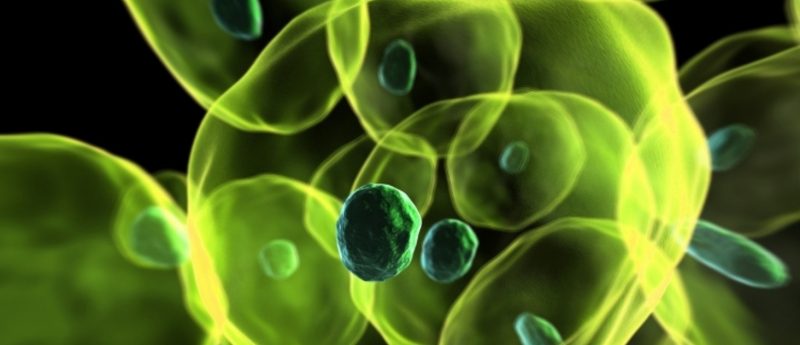Are we moving towards a more automated CAR-T cell manufacturing process?

Scientists have developed an improved workflow for CAR-T therapies using a semi-automated CAR-T cell manufacturing process.
Recently presented at the American Society of Gene and Cell Therapy 22nd Annual Meeting in Washington (DC, USA) (28 April—2 May 2019), a team of researchers from the Centre for Commercialization of Regenerative Medicine (ON, Canada) evaluated individual CAR-T cell unit operations, commercial reagents and equipment with process closure potential.
Marketing approvals of CAR-T therapies for hematologic malignancies have caused a surge of activity in the field of cancer immunotherapy over recent years. Regardless of this success there are still challenges remaining including manufacturing, production time, product variability and high manufacturing costs.
Therefore the aim of the current study was to develop an improved workflow and increase product consistency. First, thawed apheresis units were processed using the SepaxTM C-Pro (GE Healthcare Life Sciences; MA, USA) and T-cells were isolated with EasySepTM Release CD3 Positive Selection Kit (STEMCELL Technologies Inc; BC, Canada).
Second, isolated T cells were seeded in shake flasks activated with ImmunoCult CD3/CD28/CD2 T cell activators (STEMCELL Technologies Inc; BC, Canada) and transduced with an eGFP-encoding lentiviral vector 24 hours post-activation using the SepaxTM C-Pro (GE Healthcare Life Sciences; MA, USA). The use of shake flasks for initial T-cell expansion reduced manual manipulation times by over 50% compared to previous methods.
Third, transduced T cells were expanded in the XuriTM Cell Expansion System W25 (GE Healthcare Life Sciences; MA, USA) where a perfusion feed strategy allowed for greater than 1.0×1010 expanded T cells with upwards of 80% eGFP transduction efficiency across an 8-day manufacturing process. Finally, the SefiaTM Cell Processing System (GE Healthcare Life Sciences; MA, USA) and VIA FreezeTM platforms (Asymptote; Cambridge, UK) were used for downstream processing and cryopreservation, respectively.
The team at the Centre for Commercialization of Regenerative Medicine hopes that this semi-automated CAR-T cell manufacturing process will offer a readily adoptable platform for manufacturing of autologous immunotherapies to meet the growing demand for patient treatment.
Source: Ramsaroop D, Sirskyj D, Loo-Yong-Kee S et al. Moving towards a Closed CAR-T Cell Manufacturing Process. Presented at: American Society of Gene & Cell Therapy Annual Meeting. Washington, DC, USA. 2019